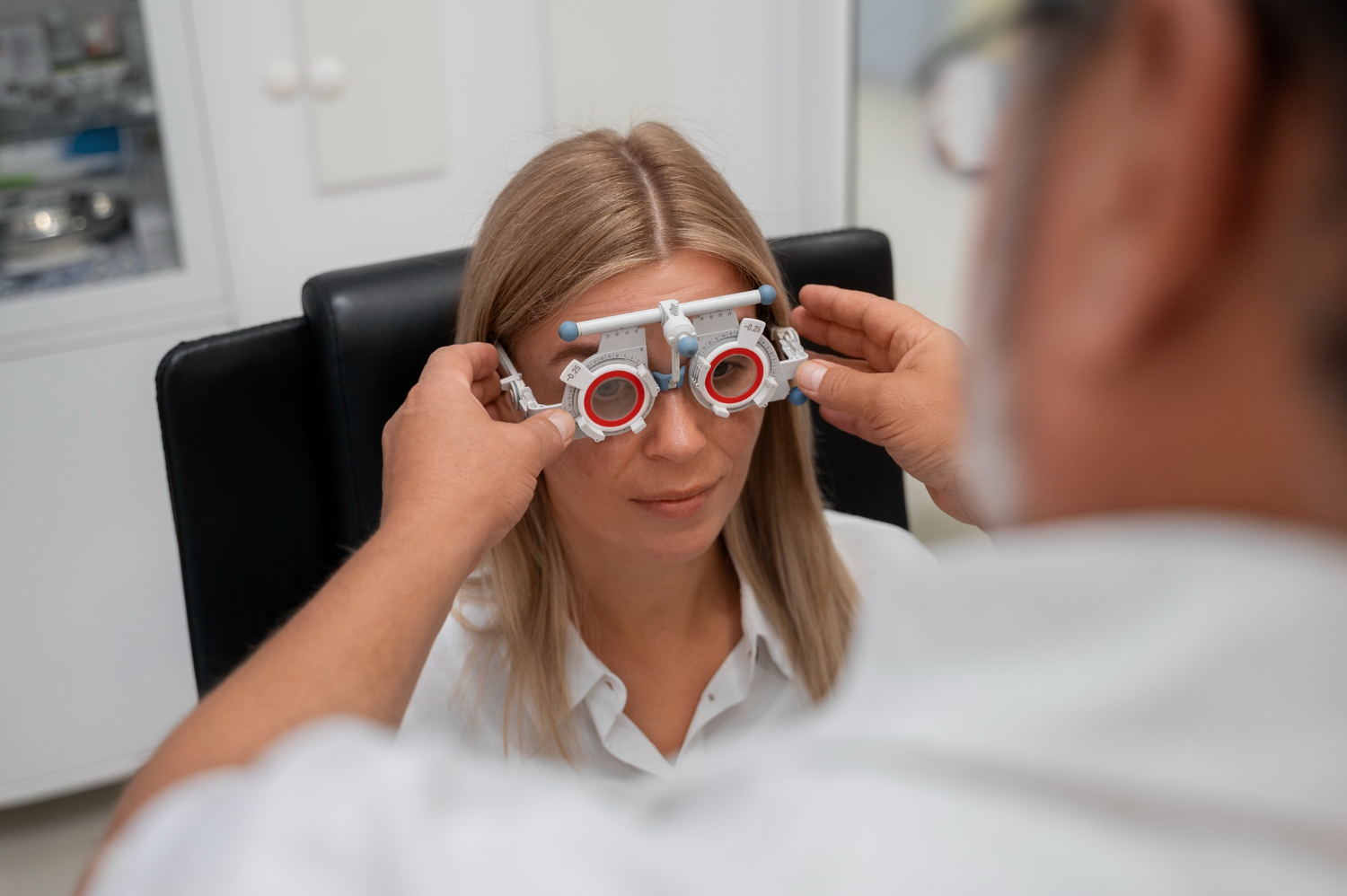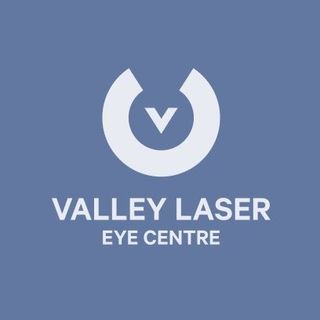Parents who have eye conditions often worry that their children may have inherited their visual issues as well. If a parent suffers from severe short-sightedness, what are the chances that their children will have the same condition? The burning question is: Is myopia hereditary, and how likely is a parent to pass it on to their children?
What Is Myopia?
The eyes of short-sighted people are unable to properly refract the light and images that come into the eye. The vision of short-sighted people is blurred, which is caused by a misshapen eyeball. Usually, the eyes of people who have myopia have elongated eyeballs. If the eye is too long, the image will not be able to refract properly.
The Genetics of Myopia
Based on a study, there are 24 specific genes identified that contribute to myopia. These genes are responsible for the development of the eyes and may be passed down from one generation to the next. This is why nearsightedness seems to run in families. On top of this, other similar studies have shown there are 161 genetic factors that are linked to the increased risk of short-sightedness.
How Myopia Is Developed
When it comes to the development of nearsightedness, it is not purely genetic. A person may also develop short-sightedness even if they do not have any of the genes that contribute to the eye condition. If a person spends a lot of time indoors and does a lot of tasks that require looking and staring closely at things, such as reading and sewing, their eyes may be put at increased risk of developing myopia.
Prevention
Parents may have the chance to reduce the risk of their children developing myopia. Reducing the risk factors of myopia, such as restricting gadget screen time and encouraging children to play outside for at least 2 hours a day, will help reduce the risk of the children developing near-sighted eyesight.
Treatment Options
There are a few treatment options available to help a person cope with their nearsightedness. They can either have the eye specialist make them prescription glasses that will help their eyes adjust. The other more sustainable option is to have laser eye surgery. This surgery will correct the shape of the eye and make it possible for the proper refraction of light to take place inside the eye, enabling patients to see more clearly, even without glasses.
Conclusion
If you, or any of your family members are nearsighted, you may not have to confine yourselves to wearing glasses for the rest of your lives. The good news is that there are treatment options that you may choose from to help you with your condition. The first step in this process is to get an accurate diagnosis of the eye condition you have.
Seeing an eye specialist will grant you insight into the exact eye condition you have and which treatment methods will be most effective. If you don’t know a specific eye specialist, you may opt to visit an eye centre that specializes in the treatment of eye issues.
You may want to consider having your eyes checked and treated at Valley Laser Eye Centre. Our specialists use state-of-the-art technologies to treat a variety of eye conditions. If you are in need of laser eye surgery, visit us today!
Disclaimer: This blog post does not replace medical advice and should not be implemented before consulting a fully certified medical professional.





